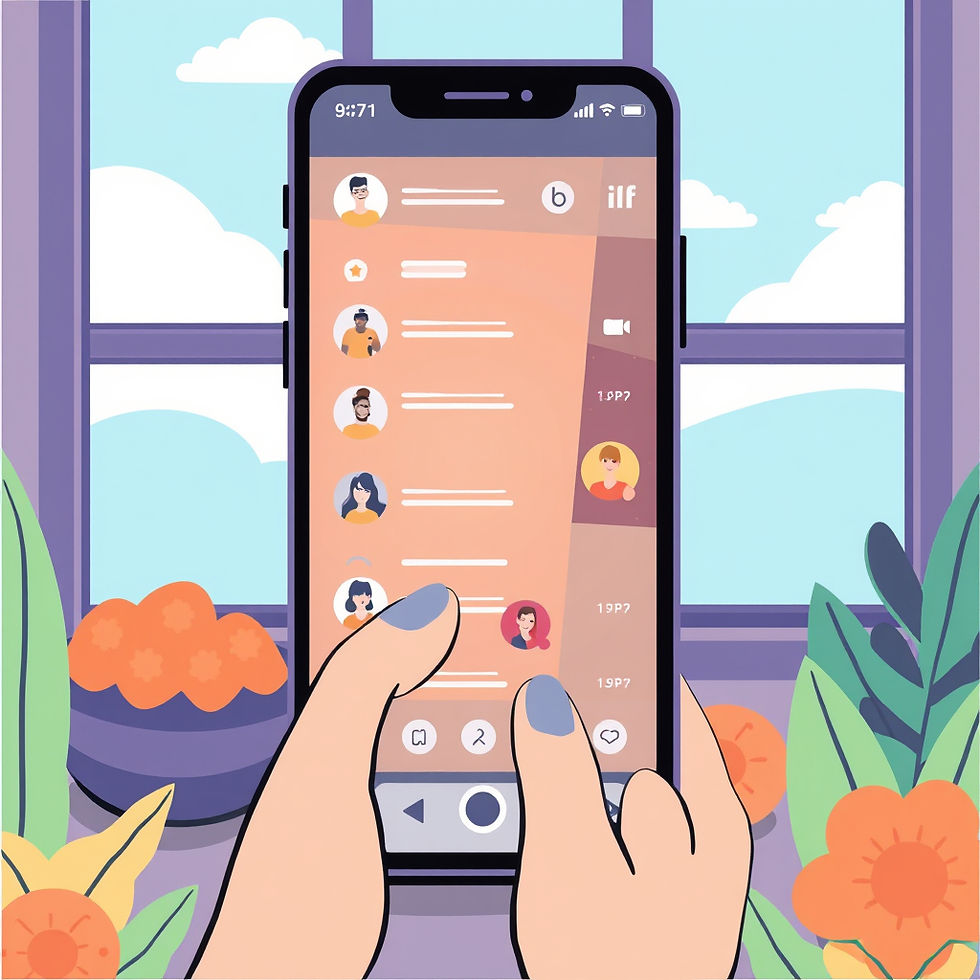Neurodiversity Students (Autism | ADHD) : Surviving University Lectures
- Marie Robinson

- Nov 18, 2023
- 2 min read

University lectures can be challenging for everyone, but they can be especially difficult for neurodivergent students (with either autism or ADHD). This may be due to difficulty processing auditory input, filtering out distractions, maintaining focus, understanding complex concepts, and following the lecturer's speech.
These challenges can be exacerbated by the fast-paced nature of lectures, leading to feelings of being overwhelmed and frustration, and difficulty keeping up with the material. However, there are a number of things that neurodivergent students can do to thrive in lectures and learn the material effectively.
Here are some tips:
The choice of seating can significantly impact your learning experience and comfort level during lectures. Consider your specific needs, such as the desire for enhanced focus, reduced distractions, and ease of movement, when selecting a spot:
Sitting closer to the front can help with better engagement and distraction avoidance, whilst strategically positioning yourself near an aisle seat can make it easier to step out if needed.
If you seek to be more inconspicuous whilst minimising sensory overload, you might prefer a seat near the back of the room where you can blend into the background. Ultimately, choose a seat that works for you and optimises your learning experience.
You may find it beneficial to take regular breaks during lectures to maintain focus and prevent mental fatigue. Stepping away briefly to move around can help clear your thoughts, enhance your engagement with the material, and minimise the risk of feeling overwhelmed.

Consider turning to the comfort of a discrete fidget toy during lectures - these can alleviate stress and anxiety, whilst promoting focus and concentration. But remember, you want to avoid those raised eyebrows… So opt for a silent companion.
Experiment with different note-taking methods to suit your needs: This could include, mind mapping, voice recording or using dedicated apps.
Great news! Most university lectures are now recorded, so students can review them at their own pace and pause or rewind as needed to process or review material. Some students find that recorded lectures help them engage fully in the lecture without having to worry about taking notes simultaneously.
Seek clarification when needed. If you're lost in a lecture, don't be afraid to raise your hand and ask a question. The lecturer might even be relieved that someone is paying attention! Or, you can corner the lecturer at the end of the class or email them if that’s easier for you.

Remember to embrace the power of sleep!! By incorporating healthy sleep habits, you can significantly improve your ability to focus process and retain information during lectures. So, avoid all-nighters.
If you are a neurodivergent student, be sure to talk to your disability services office to learn about the accommodations that are available to you. Remember, your unique learning style doesn't diminish your intelligence. With the right strategies and resources, you can enjoy a positive learning experience.




Comments